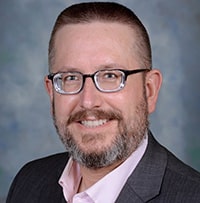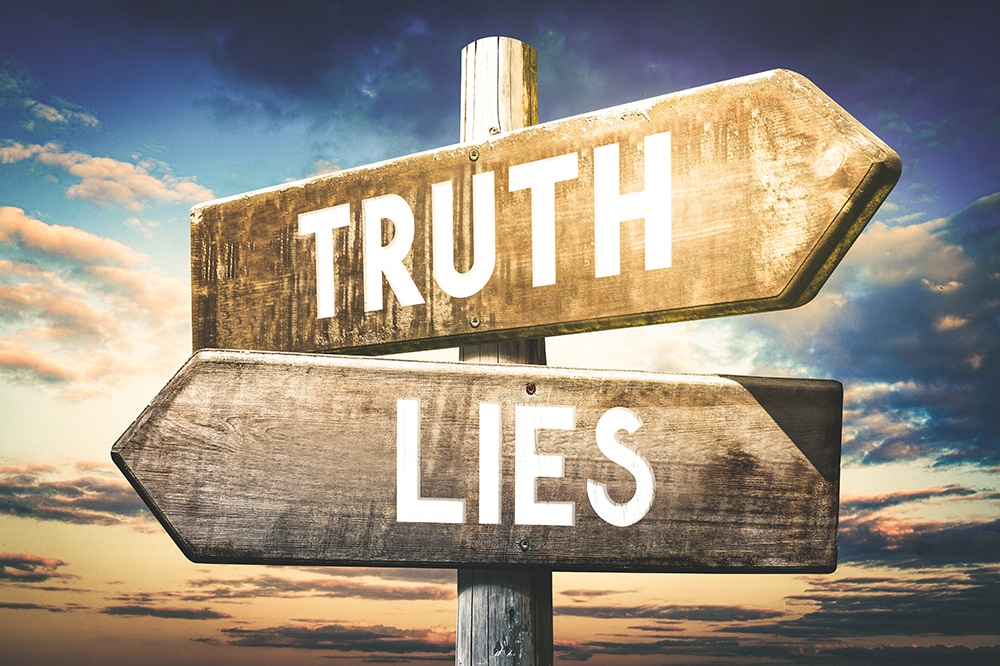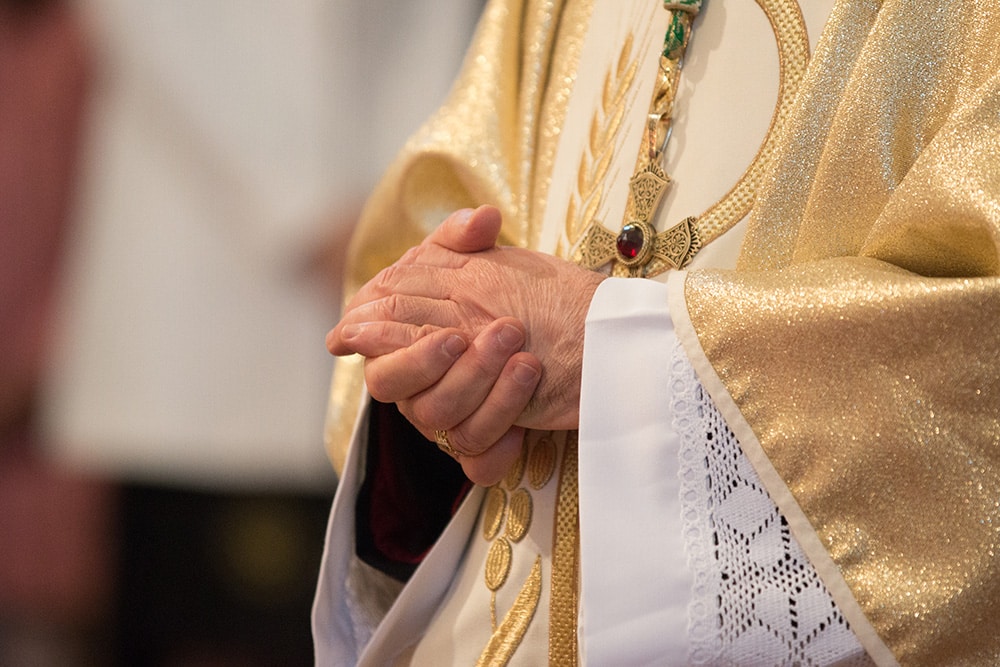 A friend recently mentioned that he was considering writing an article on “sins against the intellect.” The idea grew out of his frustration with the current state of discussion, dialogue and debate in this country.
A friend recently mentioned that he was considering writing an article on “sins against the intellect.” The idea grew out of his frustration with the current state of discussion, dialogue and debate in this country.
Many of us share that frustration. The phrase “sins against the intellect,” however, doesn’t truly capture the problem that we face. The situation my friend identified concerns the misuse of the intellect. When Catholics use the phrase “sins against,” as in “sins against chastity” or “sins against charity,” we don’t mean that one can misuse chastity or charity; we mean that people have taken actions that are inconsistent with charity or chastity. While chastity and charity are always good, our intellect — like our will and our imagination — is a faculty that can be used for good or for ill.
There are major sins associated with the intellect, but it’s more accurate to call those “sins against the truth.” In the modern world, where we’ve been told that everyone has his or her own “truth” and “narrative” and even “reality,” the phrase “sins against the truth” seems positively quaint. But as Christians, we know (or should know) that all sins are ultimately sins against the truth, because they involve turning away from the Truth Incarnate who is the source of all truth.
Sins against the truth are always grave, even when they seem small. As St. John Henry Newman writes in “Anglican Difficulties,” the Church “holds that it were better for sun and moon to drop from heaven, for the earth to fail, and for all the many millions who are upon it to die of starvation in extremest agony, so far as temporal affliction goes, than that one soul, I will not say, should be lost, but should commit one single venial sin, should tell one wilful untruth, though it harmed no one.”
The proper use of the intellect is to uncover the truth and to proclaim it to others in such a way that they, too, may recognize it as true and desire to assent to it. When we use our intellect to deny the truth, or even just to obscure it, we damage our relationship with Christ. That’s why it’s so important to choose our words carefully, to resist the temptation to “fib” or to tell “little white lies” that paint ourselves in a better light or protect us from the consequences of our actions.
It’s also why it’s important to be careful about those with whom we engage, particularly in this age of social media. A half-truth, as the Catholic historian John Lukacs frequently wrote, may be worse than a lie, because the element of truth may make it easier for us to swallow the element of falsehood — which is, of course, exactly what the person we’re engaging with is trying to get us to do by spreading the half-truth.
When we attempt to dialogue with or debate a person spreading a half-truth, we often find ourselves arguing on his or her own ground. Rather than proclaiming the truth, we spend all of our time discussing the falsehood or “teaching the controversy,” to use an often-overused secular phrase.
It’s one thing to have a discussion with someone who is sincerely wrong but seeking the truth; it is quite another to spend one’s time arguing with someone who is deliberately spinning the truth in order to create a narrative designed to support an untruth. At best, such discussions are futile; at worst, our continued engagement with the half-truths of another may tempt us to try to win our argument with him or her by descending into half-truths ourselves. And at that point, the only one who wins is the Father of Lies.
As hard as it may be, sometimes the most prudent action when faced with those who we know are deliberately attempting to mislead is to walk away before we are sucked into our own sins against the truth.
Scott P. Richert is publisher for OSV.







